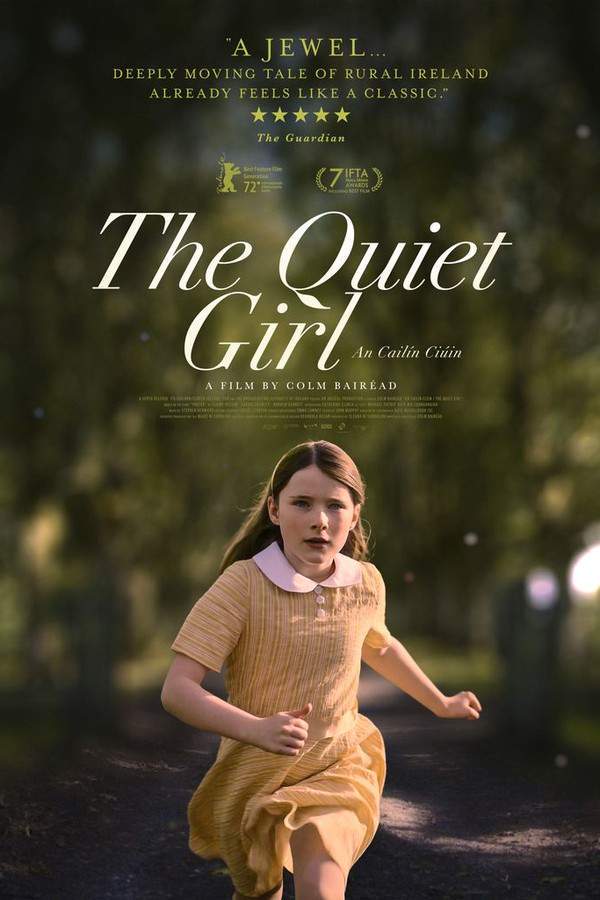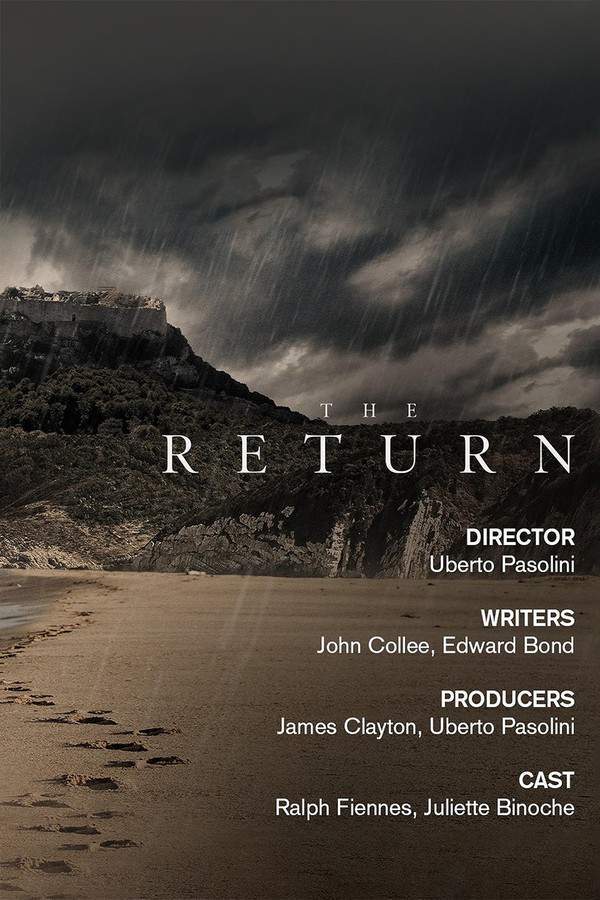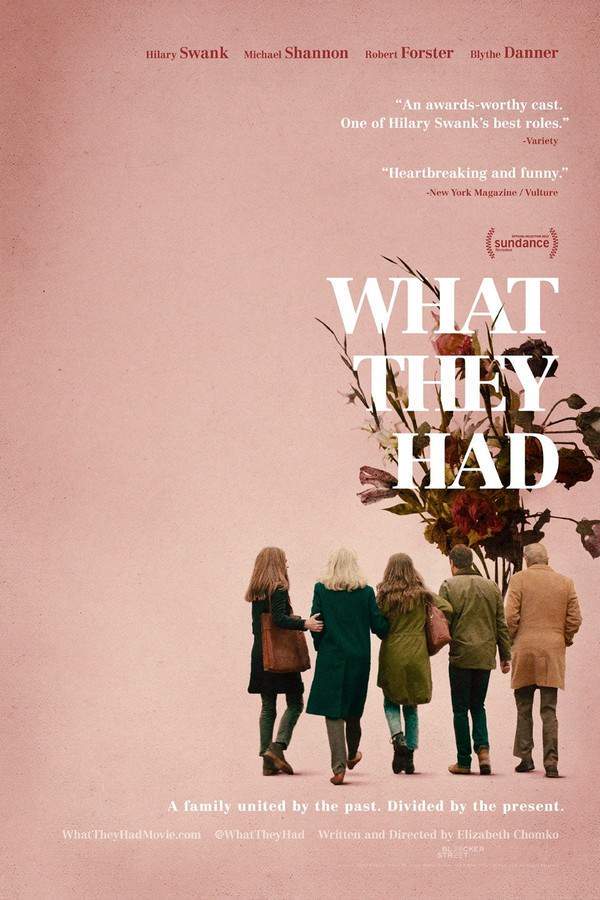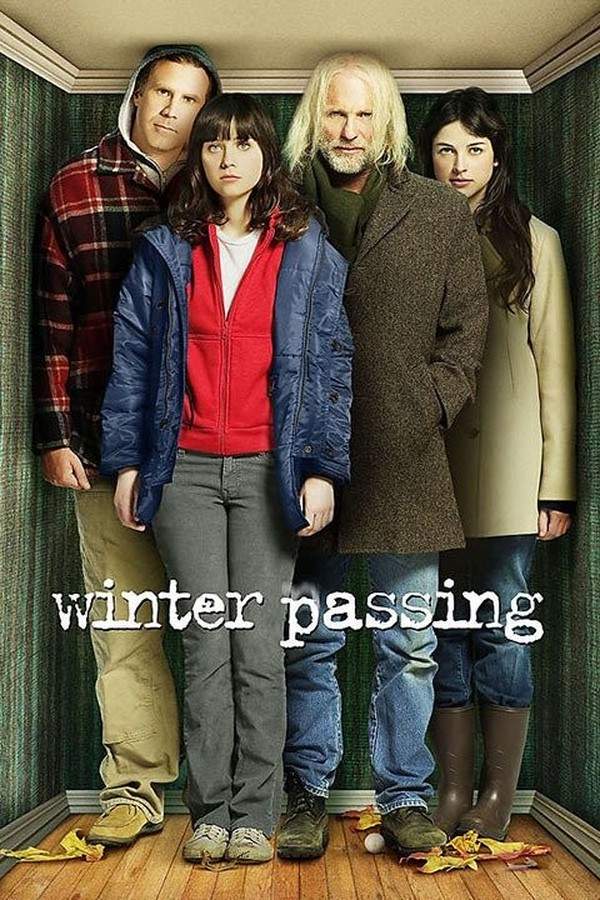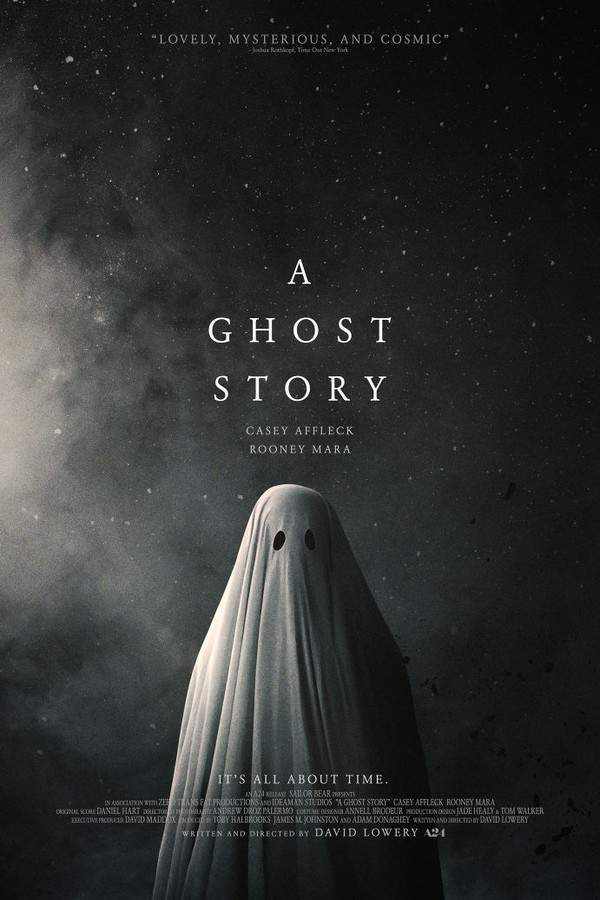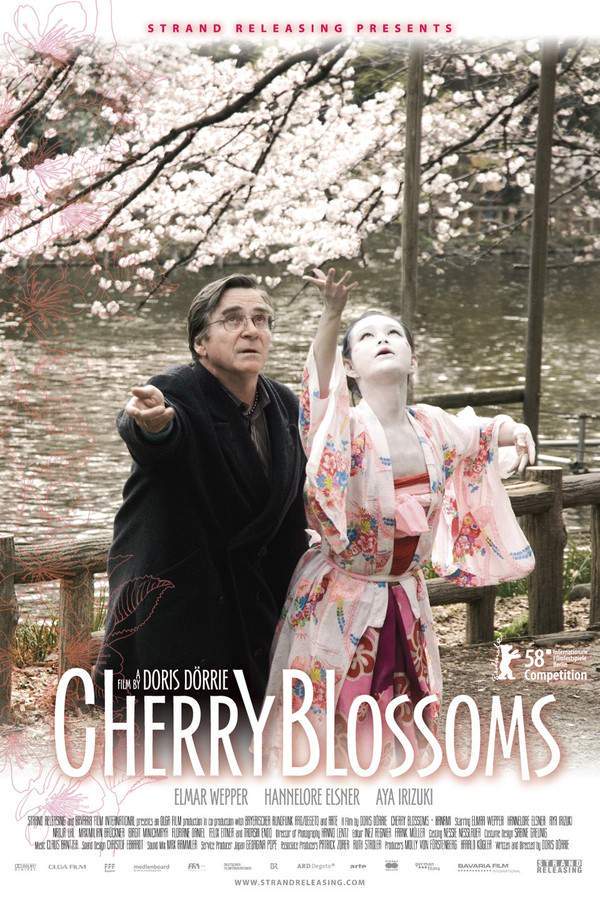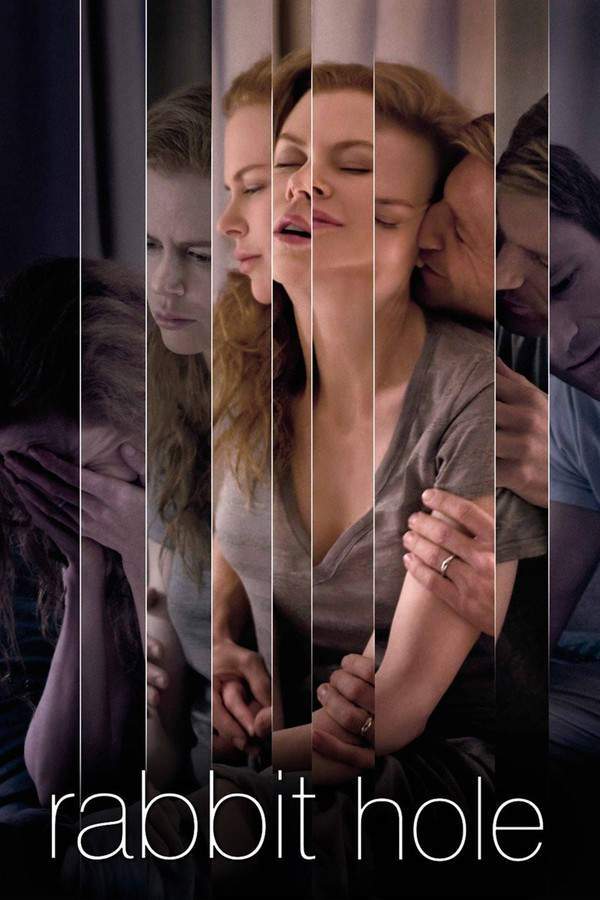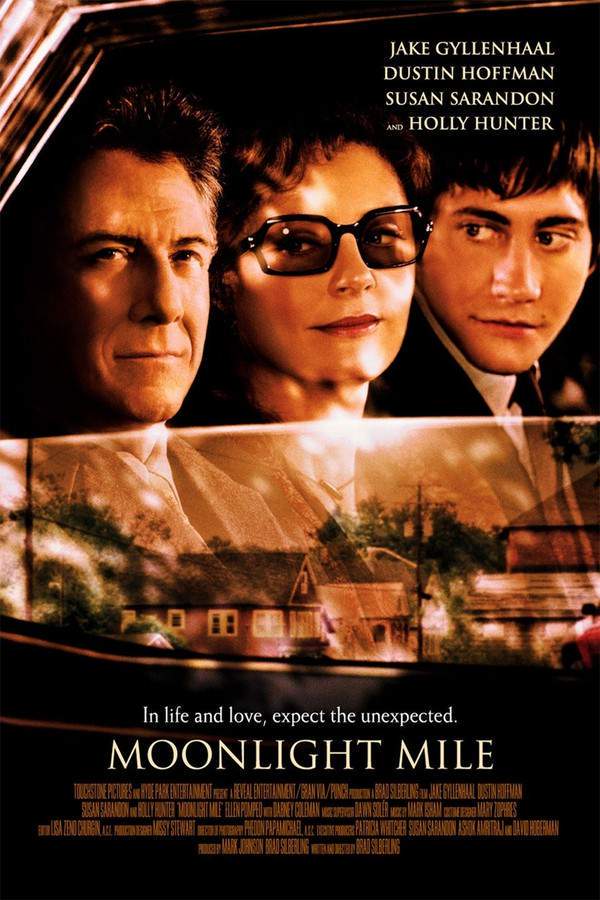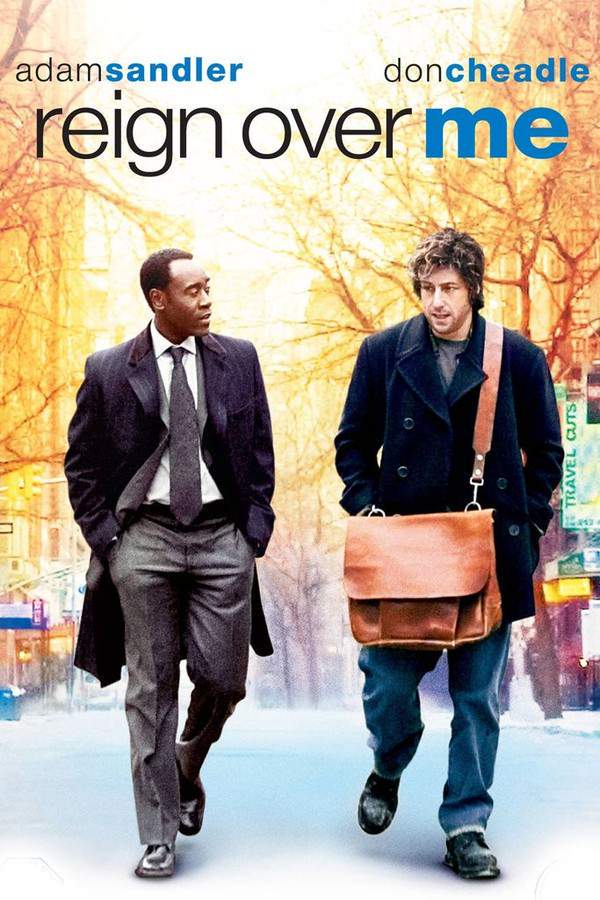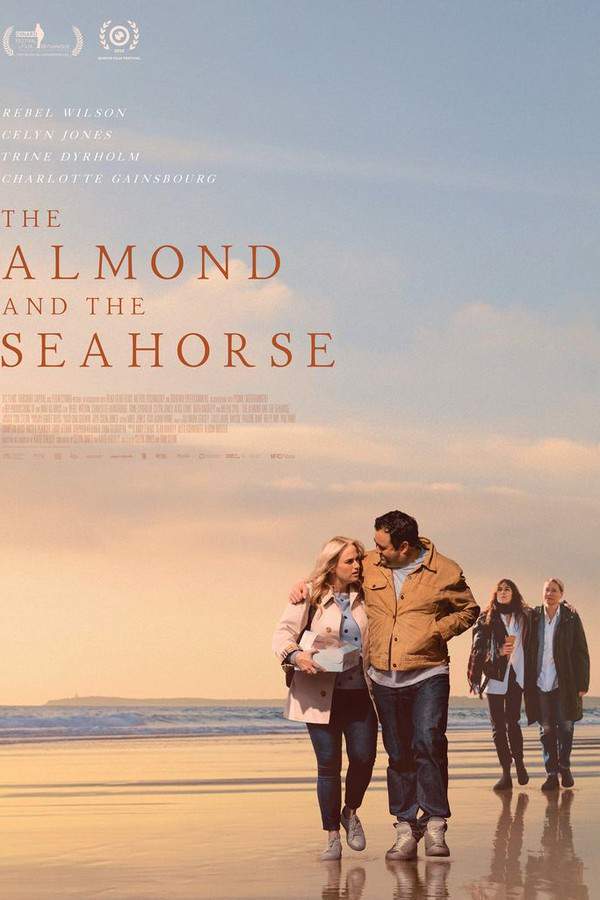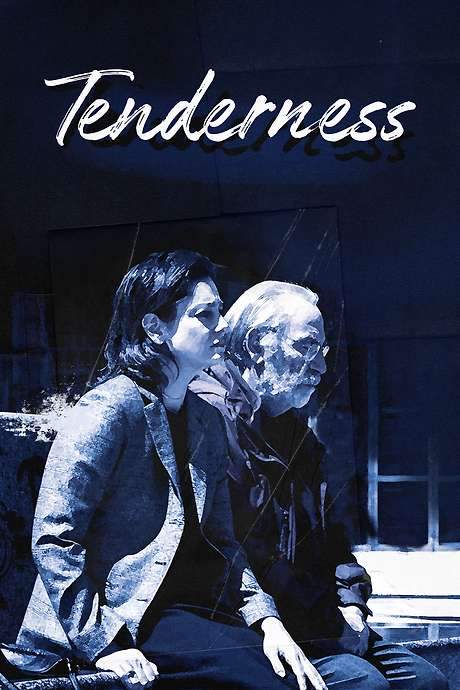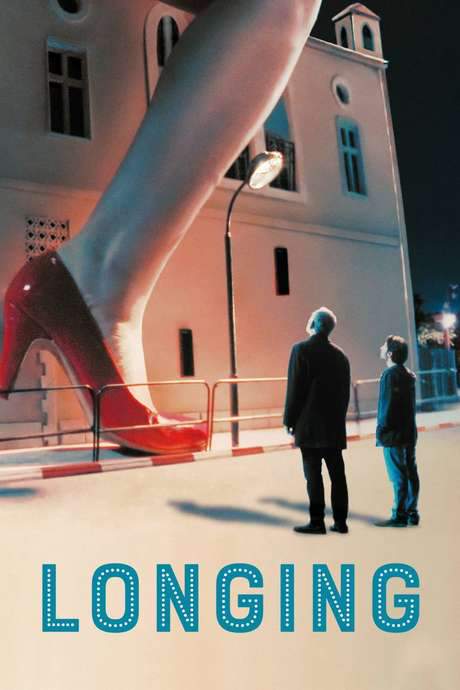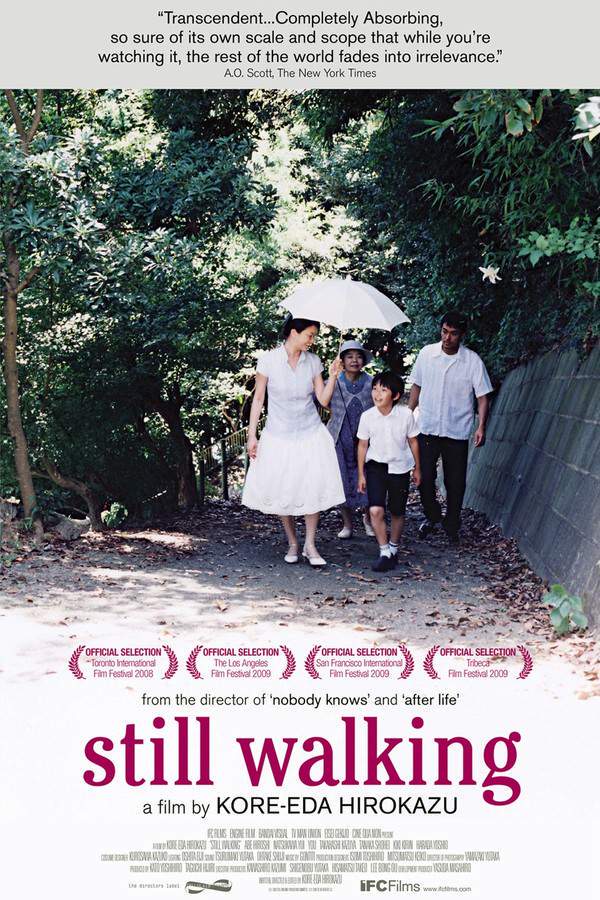
Still Walking
Year: 2009
Runtime: 114 min
Language: Japanese
Director: Hirokazu Koreeda
Fifteen years after the tragic drowning of their son Junpei, the Yokoyama family comes together to commemorate the anniversary of his death. As the siblings reunite with their spouses and children, long-buried grief and unresolved emotions come to the surface. Over the course of a single day filled with shared meals and storytelling, they confront their lingering pain, rediscover family bonds, and find solace in remembering the boy they lost.
Warning: spoilers below!
Haven’t seen Still Walking yet? This summary contains major spoilers. Bookmark the page, watch the movie, and come back for the full breakdown. If you're ready, scroll on and relive the story!
Still Walking (2009) – Full Plot Summary & Ending Explained
Read the complete plot breakdown of Still Walking (2009), including all key story events, major twists, and the ending explained in detail. Discover what really happened—and what it all means.
The Yokoyama family reunites annually to honor the memory of their eldest son, Junpei, who tragically drowned 12 years ago while rescuing another boy. This poignant gathering includes Kyohei, Junpei’s retired doctor father, and his mother, Toshiko, along with their surviving son Ryota, who has recently married a widow named Yukari and has taken on the role of a stepfather to her young son, Atsushi. They are also accompanied by their daughter Chinami, her spouse, and their children. Ryota grapples with feelings of resentment stemming from the lingering shadow of his brother, who was clearly their parents’ favorite. Junpei’s belongings remain untouched, a constant reminder of his parents’ affection for him, particularly affecting Kyohei, who is still consumed by grief. Disappointed that Ryota chose a path in art restoration instead of embracing the family tradition of medicine, Kyohei’s bitterness adds to the family tension.
As the family gathers, Kyohei and Toshiko are initially frosty towards Yukari, harboring superstitions associated with Ryota marrying a widow. However, they gradually begin to appreciate her kindness and make efforts to connect with the shy Atsushi. Throughout the day, the family reminisces, sharing stories about their lives and careers. Yet, underneath the surface, Ryota privately struggles to reveal his difficulties finding stable work in his chosen field. When Ryota finds out Kyohei is advising Atsushi to pursue medicine, he attempts to confront his father, but Kyohei dismisses his concerns.
An unexpected visitor, Yoshio, the boy whom Junpei saved, arrives later that evening. The family’s reaction is mixed — many feel resentment towards Yoshio, who has grown into a rather aimless adult, believing he should have paid the ultimate price for his actions, while Ryota empathizes, feeling a familiar sting of inferiority. He pleads with Toshiko to cease inviting Yoshio over, arguing that her insistence on blaming him for Junpei’s death only perpetuates their shared sorrow. Toshiko, however, insists that holding on to someone to blame helps her cope with her son’s loss.
As Chinami and her family depart, the remaining members gather for dinner. Yukari’s inquiries into Toshiko and Kyohei’s marriage surface long-buried resentments and disappointments, yet their bond has endured through the years. A poignant moment arises when Toshiko shares their romantic song, Blue Light Yokohama by Ayumi Ishida, revealing that she was once haunted by jealousy when she heard Kyohei singing it with another woman. This flash of vulnerability illustrates the depth of their relationship struggles.
That night, a butterfly mysteriously enters the home and lands on Junpei’s photograph, prompting Toshiko to believe it symbolizes her lost son. Although Ryota approaches this notion with skepticism, he captures the butterfly and releases it outside as a tribute. Toshiko urges Ryota to start a family with Yukari soon, advising that a child could fortify their union against potential divorce.
The next morning, Ryota, Yukari, and Atsushi bid farewell. While Kyohei and Toshiko express eagerness to see them again for the New Year, Ryota and Yukari privately resolve to forgo the visit. As they drive away, Ryota reflects in voiceover that Kyohei passed away a few years later, followed by Toshiko. Their family dynamics shift without Chinami moving in or Ryota fulfilling the promises made during the reunion. The film concludes with Ryota’s family, now including a young daughter, paying respects at the Yokoyama family graves, embodying the rituals and traditions he learned from his mother.
Last Updated: November 16, 2024 at 14:41
Explore Movie Threads
Discover curated groups of movies connected by mood, themes, and story style. Browse collections built around emotion, atmosphere, and narrative focus to easily find films that match what you feel like watching right now.
Quiet Family Reunion Dramas like Still Walking
Stories where a family gathering uncovers generations of buried emotions.If you liked the intimate, melancholic portrayal of family in Still Walking, explore more movies like it. These similar family drama stories focus on reunions, subtle tensions, and the heavy emotional weight of shared history, offering a quiet and reflective viewing experience.
Narrative Summary
These narratives typically unfold over a short period, often a single day or weekend, centered around a family event or ritual. The plot is driven by conversations and small interactions that gradually reveal the complex web of relationships, old wounds, and the struggle for connection between generations.
Why These Movies?
They are grouped together by their shared focus on realistic family dynamics, a melancholic and reflective tone, and a slow, deliberate pacing that allows emotional nuance to emerge naturally from everyday situations.
Slow-Paced Films About Processing Grief like Still Walking
Films that use slow pacing to explore the quiet, lingering nature of loss.Find movies similar to Still Walking that share its contemplative approach to grief and loss. If you appreciated its slow pacing and heavy emotional weight, these films offer a comparable experience of sitting with sadness and finding bittersweet moments of connection.
Narrative Summary
The narrative often avoids large, dramatic events, instead focusing on the interior lives of characters as they navigate the aftermath of a loss. The journey is internal and cyclical, moving through memories, regrets, and small steps toward acceptance, often leading to a bittersweet rather than cathartic conclusion.
Why These Movies?
They share a specific combination of a slow, deliberate pace, a heavy emotional weight centered on sadness, and a tone that is deeply melancholic and introspective, creating a meditative space for exploring loss.
Unlock the Full Story of Still Walking
Don't stop at just watching — explore Still Walking in full detail. From the complete plot summary and scene-by-scene timeline to character breakdowns, thematic analysis, and a deep dive into the ending — every page helps you truly understand what Still Walking is all about. Plus, discover what's next after the movie.
Still Walking Timeline
Track the full timeline of Still Walking with every major event arranged chronologically. Perfect for decoding non-linear storytelling, flashbacks, or parallel narratives with a clear scene-by-scene breakdown.

Characters, Settings & Themes in Still Walking
Discover the characters, locations, and core themes that shape Still Walking. Get insights into symbolic elements, setting significance, and deeper narrative meaning — ideal for thematic analysis and movie breakdowns.

Still Walking Spoiler-Free Summary
Get a quick, spoiler-free overview of Still Walking that covers the main plot points and key details without revealing any major twists or spoilers. Perfect for those who want to know what to expect before diving in.

More About Still Walking
Visit What's After the Movie to explore more about Still Walking: box office results, cast and crew info, production details, post-credit scenes, and external links — all in one place for movie fans and researchers.


